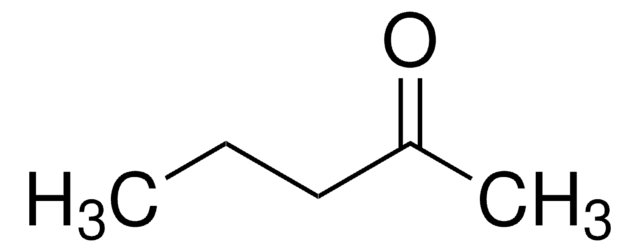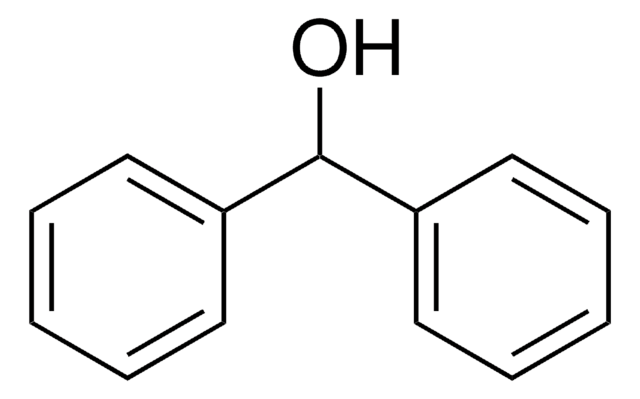676853
Dichloromethane
ACS reagent, ≥99.5%, contains 40-150 ppm amylene as stabilizer
Synonym(s):
Methylene chloride
About This Item
6.83 psi ( 20 °C)
Recommended Products
grade
ACS reagent
Quality Level
vapor density
2.9 (vs air)
vapor pressure
24.45 psi ( 55 °C)
6.83 psi ( 20 °C)
Assay
≥99.5%
form
liquid
autoignition temp.
1223 °F
contains
40-150 ppm amylene as stabilizer
expl. lim.
22 %
impurities
Free halogens, passes test
≤0.0003 meq/g Titr. acid
≤0.02% water
evapn. residue
≤0.002%
color
APHA: ≤10
refractive index
n20/D 1.424 (lit.)
bp
39.8-40 °C (lit.)
mp
−95 °C (lit.)
density
1.325 g/mL at 25 °C (lit.)
SMILES string
ClCCl
InChI
1S/CH2Cl2/c2-1-3/h1H2
InChI key
YMWUJEATGCHHMB-UHFFFAOYSA-N
Looking for similar products? Visit Product Comparison Guide
Related Categories
Application
- Synthesis of Remdesivir Derivate as a Generation of Anti-COVID-19 Drugs Through Acetylation Reactions.: This study involves the synthesis of a derivative of Remdesivir, aiming to enhance anti-COVID-19 activity through acetylation. Dichloromethane plays a critical role in the solvent system used during synthesis, impacting the reaction conditions and outcomes (Sumardi et al., 2023).
- Antioxidant potentials of extracts from different parts of Clinacanthus nutans (Burm. f.) Lindau.: Investigates the antioxidant properties of various extracts from Clinacanthus nutans, where dichloromethane is utilized for the extraction process. This research highlights dichloromethane′s efficiency in isolating antioxidant compounds from plant materials (Duy Dang K et al., 2024).
- Correlation between intestinal toxicity and composition changes of toxic parts from Euphorbia ebracteolata before and after Terminalia chebula soup processing: Discusses changes in toxic components of Euphorbia ebracteolata post-processing. Dichloromethane is critical for extracting and analyzing these components, demonstrating its importance in toxicological assessments (Lin WH et al., 2024).
- Isolation of a Marker Olean-12-en-28-butanol Derivative from Viscum continuum E. Mey. Ex Sprague and the Evaluation of Its Antioxidant and Antimicrobial Potentials.: Focuses on isolating specific compounds from Viscum continuum using dichloromethane, illustrating its utility in pharmacognosy for identifying bioactive substances (Mapfumari et al., 2024).
Features and Benefits
related product
Signal Word
Warning
Hazard Statements
Precautionary Statements
Hazard Classifications
Carc. 2 - Eye Irrit. 2 - Skin Irrit. 2 - STOT SE 3
Target Organs
Central nervous system
Storage Class Code
6.1D - Non-combustible acute toxic Cat.3 / toxic hazardous materials or hazardous materials causing chronic effects
WGK
WGK 2
Flash Point(F)
does not flash
Flash Point(C)
does not flash
Choose from one of the most recent versions:
Already Own This Product?
Find documentation for the products that you have recently purchased in the Document Library.
Customers Also Viewed
Our team of scientists has experience in all areas of research including Life Science, Material Science, Chemical Synthesis, Chromatography, Analytical and many others.
Contact Technical Service





